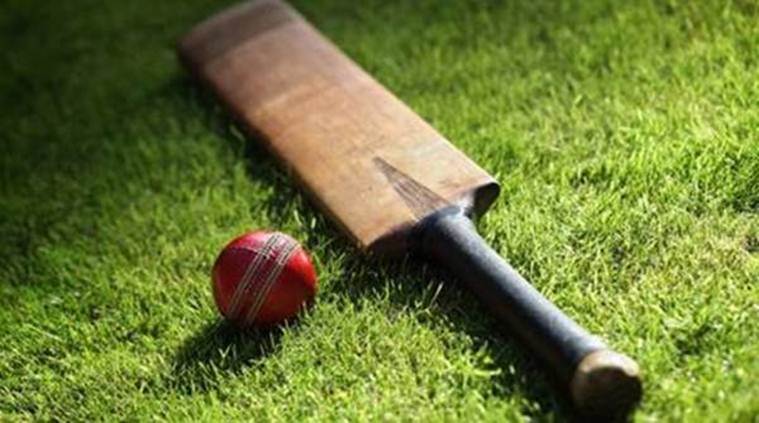Authentic records were crucial, more so when it came to lesser known players, because only women cricketers who have played at least one international game for India at the senior level or five First-Class matches were eligible to become members and vote.
Sucheta Shishir Sudame, a 1990s Vidarbha cricketer, played 30 first-class games. Once she got married, she settled in Hyderabad and had a new name. Mrunal Mukund Indurkar. She had never liked her original first name.
Earlier this month, when she came to know that BCCI was initiating the formation of India’s first-ever official players’ body, Mrunal was keen to vote for the office-bearers’ election. But there was a problem. Mrunal Mukund Indurkar had to prove she was Sucheta Shishir Sudame.
She was one of several former woman cricketers with the same problem. The lack of reliable records before 2006 made it worse. While getting in touch with every male cricketer who has played a minimum of 10 first-class games was tedious, tracing women who played five first-class fixtures was an even a more cumbersome process.
Sports lawyer Nandan Kamath, the ICA’s legal advisor tasked with compiling the list of cricketer voters, calls it an unique exercise of herculean proportions that needed to be completed in 10 days. It was also a challenge for Kamath’s team — as well as for electoral officer N Gopalaswami — to verify the authenticity of applicants.
Calling for applications for memberships, screening of voters, creating a draft list, finalising an electoral roll, going through objections, scrutiny of nominations and announcing the final list of candidates; everything had to be done in a three-week window.
Eventually, after several days of checking and re-checking, the election was held over three days last week, with the first players’ body coming into existence on Sunday. And the turnout was impressive.
“Over 1,200 were eligible to vote, of whom 1,082 voted. Of these, about 450 were women which is a very high percentage. The elections were conducted using an online voting platform,” Kamath says. He also explained how he dealt with case where the names of women cricketers were changed.
“Some had played 30 to 40 years ago and we did not have access to verified records of women cricketers before 2006. After 2006, the BCCI took over women’s cricket in India and the records of players are available, but before that there were no central database of matches played. Moreover, some people changed their surname after marriage and some even their first name. We wrote to former secretaries of the Women’s Cricket Association of India (WCAI) to furnish records but didn’t get a response. So even if they had some records, it was not shared with us,” Kamath said.
Those women cricketers who could not be matched with verifiable scorecards were asked to give two references, of people they had played with and also newspaper cuttings of match coverage to prove they were part of the XI. Some of the players said they had lost certificates because of natural phenomenon like floods.
“Once they gave us the two references of players who had played with them, our team followed up and verified. Scrutiny of applications for membership had to be done in about 10 days. We had to verify facts with former players and people who were given as references to ensure that all those who were eligible got the opportunity to vote,” the ICA legal advisor said.
Authentic records were crucial, more so when it came to lesser known players, because only women cricketers who have played at least one international game for India at the senior level or five First-Class matches were eligible to become members and vote. What made the task tougher was that certain matches were declassfied as ‘international’. An example being a New Zealand tour of India, which featured Under-23 teams. The matches were given ‘international’ status by the WCAI but later downgraded when the BCCI took over women’s cricket.
As for Mrunal, she got to vote, after a bit of paperwork. “I furnished the ‘name-change affidavit’ to prove that Sucheta and Mrunal was the same person. It was an important vote because now cricketers, including women, have a voice in the BCCI. If any further confirmation is needed about my records and name change, I have all the authentic documents,” she says.
With regard to the election result, Anushuman Gaekwad (471 votes) defeated Kirti Azad (381 votes) to be the male representative of the ICA at the BCCI’s Apex Council, while Shantha Rangaswamy was elected unopposed as the female representative.
“Never ever in my dreams I imagined that I would be sitting on the board. I did not even imagine a male cricketer on the board, let alone us. It is because of the Lodha reforms that we finally have a voice. It is like storming a male bastion,” Rangaswamy said.
Source: Read Full Article


